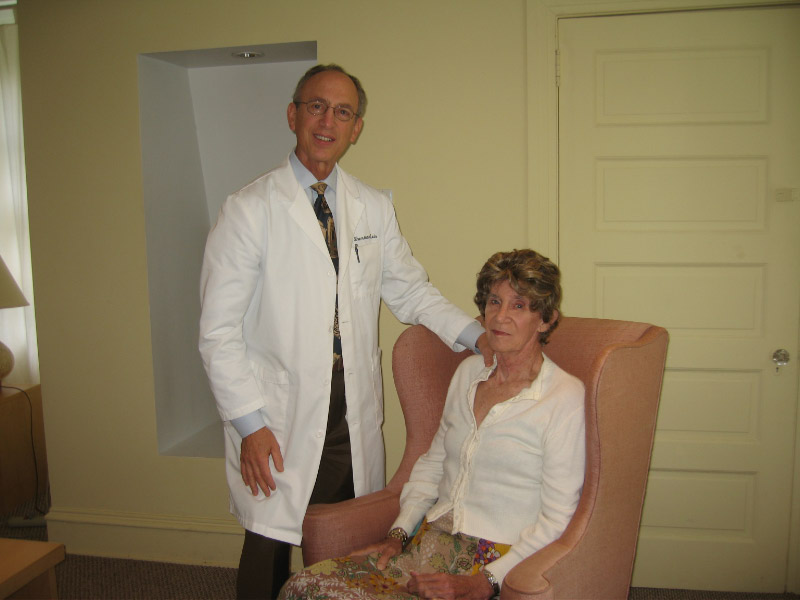
Largely as a result of electoral victories in November, the start of 2021 brings the hope of a positive shift away from more recent regressive LGBT policies. The growing number of transgender politicians elected and named to high-profile positions further signals new opportunities to gain a voice in government in order to achieve more equitable legal protections and healthcare for the whole community, especially those who are not as visible.
As a medical provider, much of what we do in working with transgender patients is help them feel more comfortable in their own skin and gender. But for all the accepted benefits of transitioning for the individual, the process on its own won’t resolve the issues many face in being denied their rights. Though bathrooms and homeless shelters have become targets for attacks, there are as many positive efforts finally finding necessary support, not only in terms of the best courses of medical treatment, but the general well-being of transgender people.
Considering that transgender people are twice as likely to experience poverty and lack of healthcare coverage as cisgender people and that the number of violent crimes committed against transgender victims has been on the rise—with 2020 being the deadliest year on record—there are many ways in which the status quo is not effectively serving the transgender population.
Rather than working to address these issues over the last four years, the outgoing administration prioritized implementing a ban on military service and reversed sex discrimination protections in healthcare. This year a few bright moments did begin to point the way toward a better future.
Pennsylvania Secretary of Health Rachel Levine, a transgender woman, led the state’s pandemic response as the virus spread throughout the country. Some fought the difficult directives to lockdown, wash hands, and wear masks, especially since they were coming from a transgender woman. Levine stuck with her position and her data-driven efforts helped keep more people safe.
The Supreme Court of the United States also made an impact with the Bostock case this summer, with the majority decision affirming that gay, lesbian, and transgender employees should be protected from discrimination at work under civil rights laws. And later in the year, SCOTUS heard a related case that challenged the legality of discriminating against LGBT couples looking to adopt children.
Some of the greatest optimism that comes is a result of the 2020 elections in which we saw LGBT politicians elected in eight states. Of note, Delaware’s Sarah McBride became the country’s first transgender state senator and highest ranking transgender official and Stephanie Byers, a former public school teacher and a member of the Chickasaw Nation, will become the first transgender member of the Kansas State Legislature. This year’s victories bring the total number of individual LGBT politicians to 32, and encourage more openly LGBT people to run for office.
The 2020 results are also leading to clear signals from allies that the upcoming administration will be more inclusive. Already, transgender veteran Shawn Skelly has been named to President-Elect Biden’s transition staff, and many see this as a gesture not only to incorporate a diverse perspective, but as a direct acknowledgement of the campaign promise to reverse the military ban.
These victories are not merely symbolic. The increased representation of transgender politicians and allies can open the door for transgender people to take the next steps in their transitions and their lives. Politicians can be direct agents of change as well as inspiration for greater understanding of oneself and others, with statistics showing that visibility positively impacts the well-being of minority groups. Seeing someone who looks like you represented on a big stage helps people think more broadly about their possibilities and encourages them to persevere because someone has been down that path before. Further, a recent study by GLAAD and Procter & Gamble indicates that the increased media representation over the past few years has led to 48 percent of non-LGBT people expressing greater acceptance of LGBT people.
In all areas of life, much has changed for the LGBT community, in spite of remaining obstacles. Early on in my career as a surgeon, which was more than 40 years ago, I had to develop my own procedures in order to properly treat transgender patients because most physicians weren’t doing gender affirmation surgeries. Over the years, it’s been encouraging to see how the wider population has become more supportive of their own LGBT family members, neighbors, and public representatives.
It is no small feat to secure rights protections and the fight for equality takes the work of all of us, the visible politicians and entertainers, the support network of medical providers, the allies, and the community. And these combined efforts have already helped to begin securing greater political and legal victories, increasing transgender visibility. Though many have reason to remain skeptical about 2021, the advancements of 2020 reflects a positive shift in the wider perception of the LBGT community that may just be the key to advancing the well-being of transgender people.
Dr. Sherman Leis is a pioneer in transgender surgery, performing his first surgery in 1976, and founder of the Philadelphia Center for Transgender Surgery, located in Bala Cynwyd, PA.






